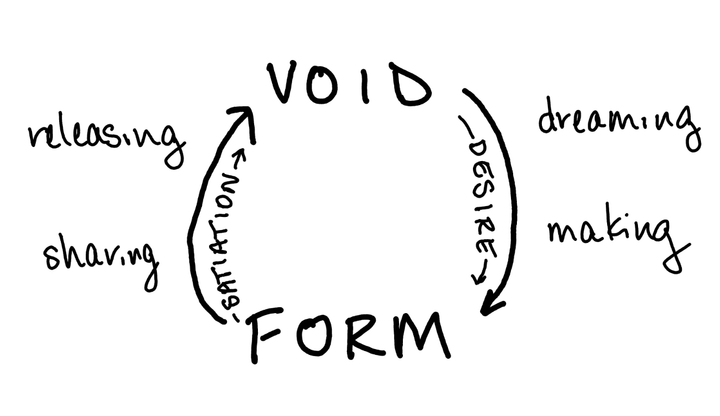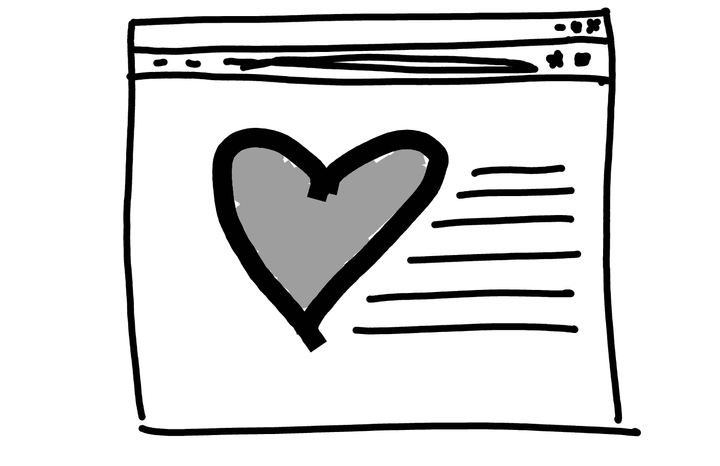The Rocket to the Sun: About Creative Process
When I was in first grade, my best friend David and I had our entire future figured out. When we grew up, we were going to design a rocket that would go all the way to the sun.
When I was in first grade, my best friend David and I had our entire future figured out. When we grew up, we were going to design a rocket that would go all the way to the sun.
Clearly, people would be willing to pay a lot of money for the unique experience of traveling all the way to the sun, so we would make money by charging them to go on our rocket. Obviously, it would take a long time to go to the sun on this rocket, so it would be necessary to offer people things to do while they were traveling on the rocket. We both liked mazes, so we figured our customers would be happily occupied if we provided a pencil and a bunch of mazes to solve during their trip.
Therefore, we left the rocket science piece of the project for when we were older, and happily occupied ourselves for months drawing the mazes that would form a crucial piece of our rocket-to-the-sun business plan. We drew reams and reams of them, always while talking about our rocket to the sun and how we would need them to keep people happily occupied on their trip.
I find myself thinking about this a lot lately.
Were we naive and misguided? Or did we really just love drawing mazes and knew to heighten our enjoyment with a grandiose (and fun) context?
There are so many things I've worked on in my life that I thought were building to something else, but didn't. Creative projects. Community organizing projects. Even professional projects. Work that I was happily and wholly engaged in at the time, but with the background belief that it was building to something else, something big. Something that never came to fruition.
Was I naive and wasting my time? Or was I enjoying the actual work, while heightening my enjoyment by spinning myself a grander narrative of what it might one day become?
Most writers I know, myself included, have at least one complete book draft in a drawer somewhere. A practice book, some call it. But when I was working on mine, I certainly didn't think it would be one of those practice books. I was sure it would be the next big thing. It would make me a writer. It would change my life. (It did change my life. But not externally.)
Was I naive? Or was I enjoying the project and spinning myself the context I needed for it at the time?
What context do we need to give ourselves space not only to do a creative project, but to deeply enjoy it?
- What permission do we have to give ourselves around creating that context?
- What permission do we have to give ourselves around letting that context change?
- How can we make space for grief and disappointment when the context changes? When a project doesn't become what we'd told ourselves it would be, or doesn't do for us what we thought it would do?
- How can we avoid the trap of thinking, "I was wrong" about the initial context we gave our project? Can we instead see it as a container we enjoyed or needed at the time?
I no longer want to create a rocket ship to the sun, and I'm sure my stacks of hand-drawn mazes have long since ended up in the recycling bin.
(Wouldn't it be wild if one of them got recycled into paper one of my books? What a nice thought, if unrealistic. There's nothing wrong with nice but unrealistic thoughts. Realistic ones can get so tiresome.)
When I look back at my first grade self, I don't regret the time I spent drawing mazes or planning a rocket ship to the sun. I'm glad I got to enjoy drawing the mazes and nurturing the fanciful dream.
I'd like to extend the same grace to the abandoned dreams and projects of my adult self.


